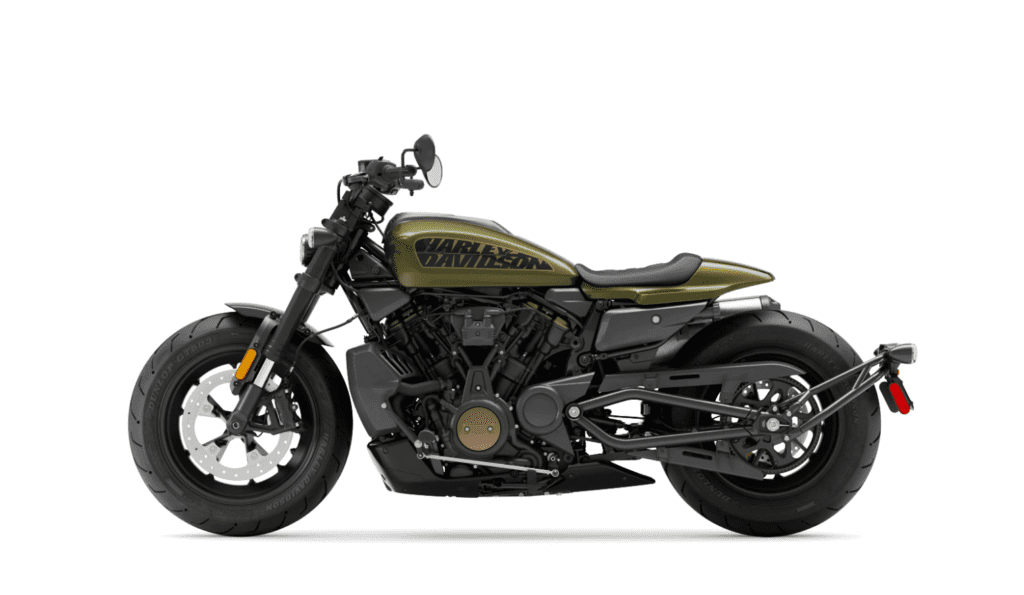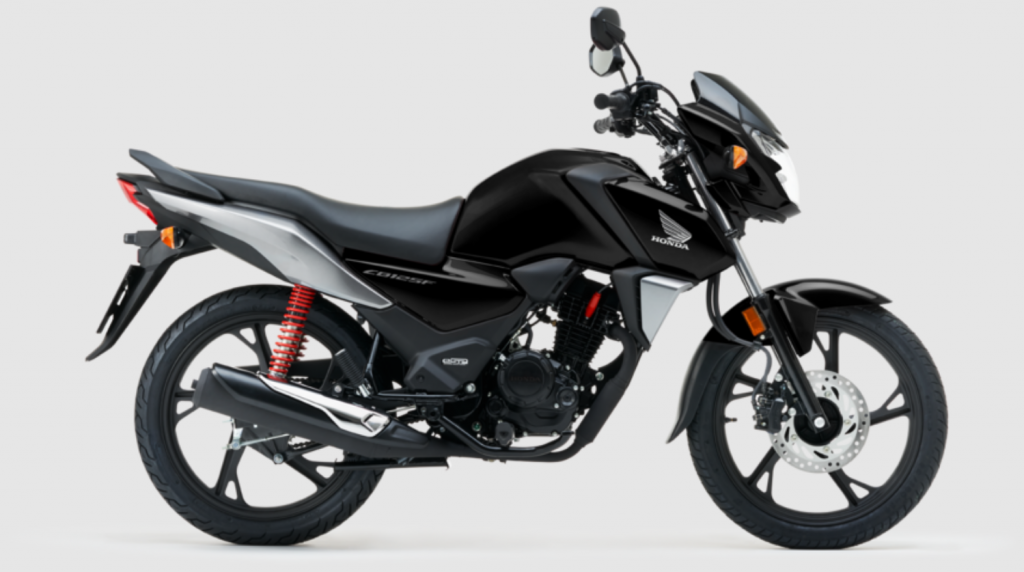How to cut your motorcycle running costs

Image credit: Harley-Davidson
Everybody’s feeling the pinch at the moment, and most of us are looking for ways to get our outgoings under control. That’s why Bikesure have put together this guide looking at ways you can reduce your motorcycle running costs.
What affects motorcycle running costs?
Running a motorcycle or scooter is generally cheaper than a car, but if you’re not careful it can still cost a lot of money. Firstly, the size of your bike’s engine will determine the amount of annual tax you need to pay. For anything less than 150cc, you’ll be paying £19 a year, and this increases up to nearly £300 for 600cc bikes and over. This kind of cost differential will usually apply to all expenses related to bike ownership. For example, a more powerful bike may cost more to insure, repair and run on a day-to-day basis.
Use less fuel by staying in the Goldilocks zone
Fuel costs are one of the major costs associated with owning a motorised vehicle, and with prices rising in the past year many riders will be looking for ways to reduce their consumption as much as possible. The good news is motorcycles and scooters are one of the cheapest forms of motorised transport, with 50MPG being a good ballpark average figure for modern bikes. There are plenty of bikes that can get more than that, with the Honda CBF125 getting about 100MPG, especially if you’re driving sensibly and not ragging it constantly. And, of course, there are some that will get less than that – large capacity sportsbikes, heavy tourers and cruisers are often much thirstier. American bikes will generally give you pretty terrible mileage.
Being careful and consistent when you drive will help to reduce fuel consumption. While bikers will find it difficult to ride in such a way that you maximise fuel efficiency (i.e. ‘hypermile’) as you can with cars, travelling at a constant speed as much as possible will use less fuel than constantly twisting the throttle. Revving a bike too much will increase fuel consumption, and so too will keeping it at low revs as the throttle will be nearly closed, making it harder to draw air through the engine. Keeping the engine in what we call the ‘Goldilocks zone’ of not too much and not too little will help keep fuel consumption steady.
You can also shop around and try to find the cheapest fuel. There are websites and apps that give you the lowdown on petrol prices in your area, but as we’re often talking about pennies or possibly even a penny on the litre, it is probably only useful to you if the cheapest garages are near enough that any savings don’t get wiped out by the journey there and back.
Stay on top of services and repairs
 Image credit: Honda
Image credit: Honda
Service and repair costs are another big expense, so working to reduce them is pretty important. There are lots of little things you can do to stop wear and tear building up and costing you more in the long run. Simple things like checking the oil and wear on your brake pads as well as the sprockets and chain tension could save costlier repairs down the line.
If your oil runs too low, this can cause permanent damage to the engine, so ensure it’s regularly topped up and make sure the oil you use is of the recommended viscosity. If the chain is too loose it will increase petrol consumption, and if it’s too tight it can damage the sprockets, which will mean more costly repairs. Keeping the chain lubricated is also a good idea to prevent damage.
Regularly checking the air filter intake and cleaning out any grime that’s built up helps to ensure the engine is running as efficiently as possible. Unless you’re extremely confident in your mechanical skills, anything more complicated than these checks should be dealt with by a professional.
Making sure the tyre pressure is right will help to minimise fuel consumption, making immediate savings as you go. This is particularly important during winter, as low temperature causes pressure to drop.
Winter months can be pretty tough on a motorcycle as the wetter conditions mean your bike gets dirtier as you ride it. As well as looking bad, if left unchecked this can cause corrosion. Regularly cleaning your bike will help prevent this developing into more serious issues, and there are also a wide variety of anti-corrosion products you can apply that can help to protect your ride.
Invest in good security to prevent thefts and reduce insurance costs
Keeping your bike secure will hopefully stop it being stolen, but it can also help to reduce your insurance premiums in some circumstances. If you have a garage or a lock-up where you can store your bike, this could help to reduce your outgoings. Investing in a GPS tracker or a Thatcham rated lock can also help.
If you don’t have a secure space to store your bike, there are other methods that can help to reduce the likelihood of wrong ‘uns making away with your pride and joy. Check out our handy guide to motorcycle security for more information. After a decent lock and chain, the best thing you can get to improve security is a cover for your bike. It’s a simple thing, but a covered bike will make most opportunistic thieves think twice before they try to nick it – plus it can help prevent your bike from rusting.
Another fantastic way to save money on your bike is by trying to reduce the cost of your insurance premium. Bikesure can offer you bespoke motorcycle insurance for your pride and joy at an affordable price. Call Bikesure on 0808 506 2074 for a fast quote, or book a callback at a time that suits you.
Motorbikes






